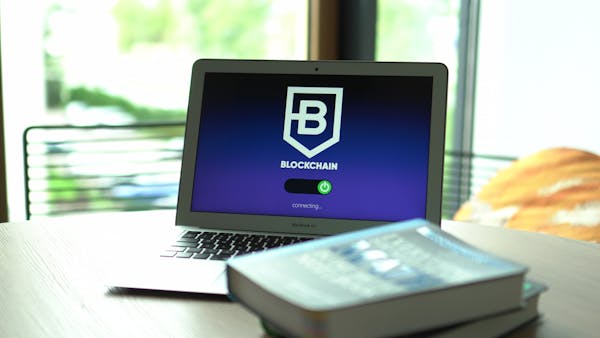Crypto Wallets: Choosing the Right One for Your Digital Assets
A crypto wallet is an online or offline device that holds a user’s private keys. These prove ownership of digital money on blockchain networks and authorize transactions.

Users create hosted wallets by sharing personal info and passwords with a wallet provider. They then write down and safely store a 12-word recovery phrase, also known as a seed or mnemonic. Check out more at Cryptsy!
Hardware wallets
If you’re looking to secure your cryptocurrency investments, a hardware wallet is a great option. These physical devices store private keys offline and provide protection against hacking and theft. They also allow you to generate multiple accounts across different ecosystems and manage them on a single device. In addition, they offer a secure backup solution. The device generates a seed phrase, which is like a master key to all the accounts it protects, and you should always keep this safe.
When you send crypto from your hardware wallet, it verifies and signs the transaction with its private key. It then broadcasts the signed intent to the blockchain. However, malware can sometimes intercept this transaction and swap the recipient’s authentic Bitcoin address for a malicious one. To protect yourself from this threat, you should always verify your transactions on your wallet’s screen. You can also use tamper-evident seals to identify unauthorized access attempts. The best hardware wallets, such as Ledger and Trezor, offer this feature.
Software wallets
Whether you’re looking for an easy-to-use, secure wallet to store your crypto, a non-custodial wallet to support a specific blockchain, or a wallet that offers more features like staking and NFTs, there are many factors to consider when choosing a software wallet. Some wallets are free, while others come with a price tag and may require transaction fees. Other factors to consider include frequency of use, ownership of keys, customer support, and privacy.

While software wallets are easy to set up and operate, they present a risk of security breaches because they require an internet connection. Users should always use a secure, private Wi-Fi network and carefully protect their recovery phrase (a 12- or 24-word mnemonic). A hardware wallet, on the other hand, keeps your private keys offline, eliminating the risk of an online hack. However, it presents a single point of failure in the event that you lose or break the device. To avoid this, you can combine hardware and software wallets to manage your crypto assets with greater security.
Hosted wallets
Hosted wallets are a convenient and user-friendly way to store and transfer cryptocurrencies. However, users must weigh the conveniences against the risks of entrusting service providers with their private keys. These services may be vulnerable to hacking and bankruptcy.
A hosted wallet is an online service that handles complex blockchain transactions and security protocols so that you can easily send or receive coins. It is more convenient than storing your cryptos on your computer or mobile device, but it is more susceptible to security breaches and privacy concerns.
Most hosted wallets require you to provide personal information during the registration process, which could be subject to data breaches and used for targeted advertising. For this reason, some people prefer non-custodial wallets. These wallets are encrypted and secure, but you must back them up regularly to protect against phishing attacks or theft. Also, you must keep your private key in a safe place because losing it means losing access to your cryptos.
Non-custodial wallets
Custodial wallets require a third party to store the user’s private keys. Non-custodial wallets, on the other hand, allow users to manage their own crypto funds. However, it is important to understand that these wallets can be more challenging to use because they are often hard to manage without a dedicated hardware wallet device.
These devices are powered by the user’s private key, which is a unique string of letters and symbols used to sign transactions and create backups on new devices. The cryptographic signature generated by the private key is then sent online to the blockchain for confirmation. This means that malware-infected computers and phones cannot access the funds stored in the wallet.
Non-custodial wallets are a good option for seasoned crypto traders and investors who want complete control over their own private keys. However, they do have their risks, including the possibility of losing access to funds if the user loses their seed phrase. Fortunately, there are several different non-custodial wallet options available that offer the best balance between security and user experience.